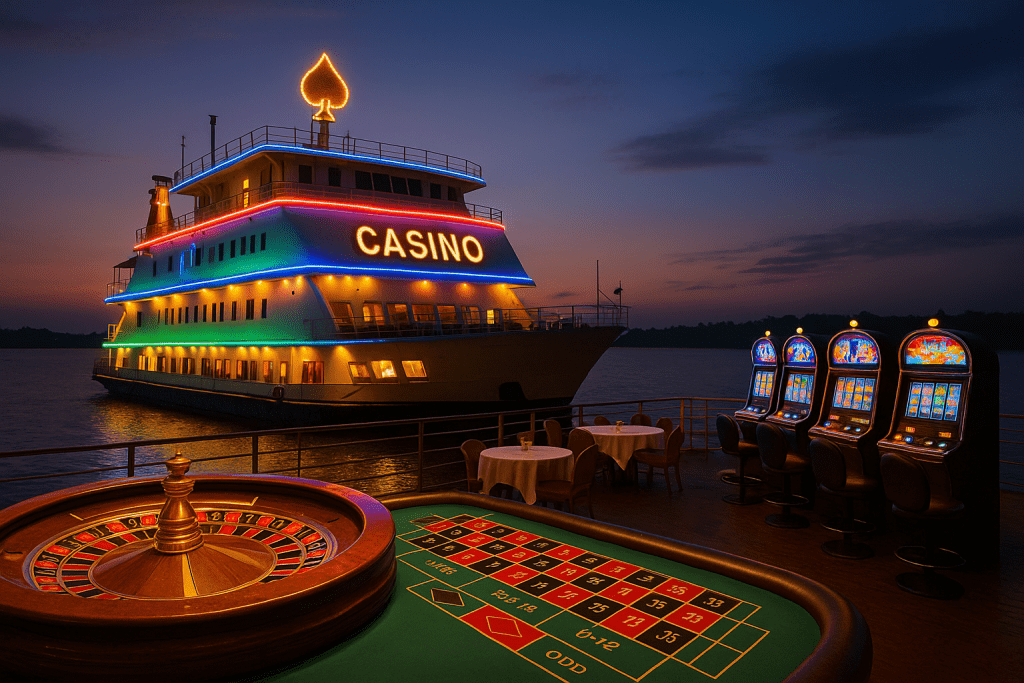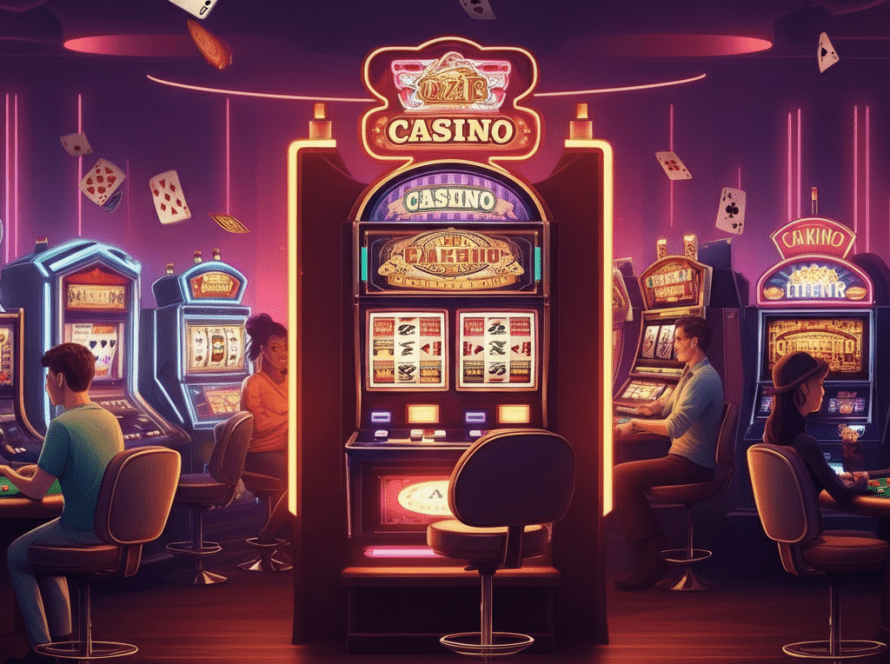When it comes to casino India, Goa stands as the most dynamic and established destination. Known for its beaches and hospitality, Goa has built a strong reputation around gaming and entertainment. This development isn’t accidental—it’s the result of unique policy, infrastructure, and tourism working together.
Offshore Casinos: Goa’s Distinct Format

Goa is the only Indian state that allows both land-based and offshore casinos. Floating on the Mandovi River, casinos such as Casino Pride and Big Daddy offer a legal and luxurious gaming experience. These riverboats are equipped with game tables, slot machines, dining zones, and live entertainment areas.
What makes them successful is the environment they create. Guests enjoy panoramic views, international cuisine, and 24/7 gaming access. These casinos operate under government licensing and are audited regularly, adding to the legitimacy of casino India.
Casino India and the Economy of Goa

The presence of casinos significantly boosts Goa’s economy. Each licensed operator pays annual licensing fees, gaming taxes, and contributes to employment. According to recent reports, companies like Delta Corp generate over ₹1,000 crore in revenue annually.
This impact spreads beyond the casino floor. Hotels, taxi services, restaurants, and shopping centers benefit from the continuous flow of tourists. Casino India is now closely tied to the tourism economy, making Goa one of the highest-revenue states in this sector.
Tourism Growth Through Gaming

International tourists, domestic travelers, and gaming enthusiasts all visit Goa for its casinos. The government has promoted casino tourism as part of its larger strategy. Casinos are marketed as a premium offering, especially for visitors seeking more than beaches.
Integrated resorts are gaining traction—where casinos are bundled with luxury rooms, rooftop pools, spas, and nightlife. This ecosystem allows guests to spend more time (and money), which benefits both operators and the state economy.
Legal Framework Behind Casino India

Unlike most of India where gambling is banned, Goa operates under special legislative provisions. The Goa, Daman and Diu Public Gambling Act, 1976 permits the operation of licensed casinos. Offshore licenses allow floating casinos to operate in designated zones on the river.
This legal clarity has positioned Goa as a national hub for casino India. However, foreign investment in the sector is still restricted due to central regulations. With reforms, the region could attract global brands and expand its offerings even further.
Challenges That Still Exist

Even as Goa leads casino India, several challenges remain. Seasonal tourism patterns affect footfall. Infrastructure in some regions needs modernization. Clearer national policies would help attract international capital.
Some operators also face public resistance and calls for tighter regulations. Balancing tourism, employment, and regulation continues to be a key concern. While casino India is growing, maintaining responsible gaming environments will be crucial.


